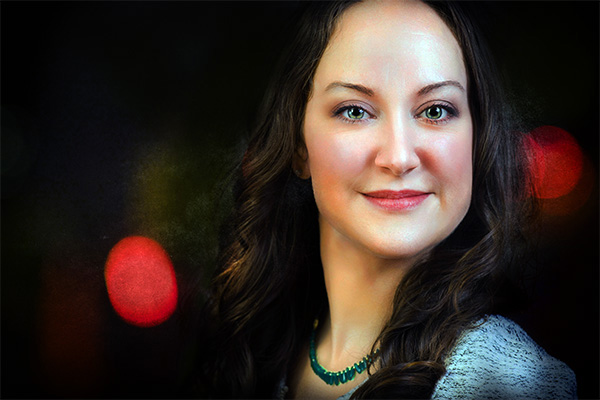Photography 101: What Every Beginner Should Know
Wiki Article

Understanding the Fundamentals of Photography
For anyone starting out, understanding fundamentals is the foundation.
Knowing Your Equipment
The journey begins with your camera.
Whether you shoot with a smartphone, the fundamentals of light and composition remain the same.
Spend time testing autofocus and manual focus. Confidence with controls reduces frustration.
The Importance of Light
Good lighting separates average photos from great ones.
Golden hour glow creates soft tones.
LED panels replicate daylight.
Shadow placement make or break an image.
Composition Basics
The way you place subjects matters as much as the subject itself.
Leading lines make shots engaging.
Try unusual angles. Unique framing separate your work from snapshots.
Learning by Doing
No one becomes skilled instantly.
Experiment in different lighting. Repetition builds instinct.
Overexposed frames prepare you for improvement.
Why Editing Matters
Straight-out-of-camera images are fine, but editing refines them.
Tools like Lightroom, Photoshop, GIMP, or mobile apps fix color.
Editing should support the story.
Publishing Photos
Images gain power when seen.
Online galleries offer critique.
Submitting to contests keeps motivation high.
Building Identity
Style is your visual fingerprint.
Switch between color and black-and-white. Each adds to your toolkit.
Your style may evolve, and that is natural.
Pitfalls and How to Overcome Them
Forgetting background distractions happen to all beginners.
Over-editing images slows progress.
Regular review of mistakes keeps growth steady.
Helpful Advice
- Always check your battery before leaving home.
- JPEGs are fine but less forgiving.
- Smudges ruin sharpness.
- Experiment with manual focus.
- Learn by observing composition and light.
Common Questions
Q: Do I need an expensive camera?
A: No, skill matters more than gear.
Q: How long until I improve?
A: Consistency is more important than gear upgrades.
Q: Is editing cheating?
A: Post-processing refines what the camera captures.
Q: Should I always follow rules?
A: Learn them first, then break them creatively.
Closing Words
Photography is not a race but a lifelong pursuit.
Challenge yourself often. With time and patience, you’ll grow as an artist.
Whether as a hobby or a profession, every click is a lesson..
Photographers and Their Craft
Photographers record memories.
Amateurs all share a passion for visual expression.
Photographers work in many fields, such as fashion. Each demands unique skills.
Great photographers develop patience.
Understanding Camera Gear
The best camera is the one you use, yet knowing options is important.
Cameras
DSLR cameras all have strengths and weaknesses.
Smartphones put san antonio photographers photography in everyone’s hands.
Lenses
Different lenses tell different keep reading stories.
- Wide-angle lenses capture landscapes, architecture, and big scenes.
Choosing the right lens shapes the outcome of a photograph.
Tripods and Stability
Tripods provide stability for long exposures.
Lighting Equipment
Softboxes, reflectors, and strobes shape light.
Helpful Tools
- Memory cards keep equipment safe and working well.
- Weather covers help photographers stay mobile and organized.
- Remote shutters let you try new perspectives.
Skill vs Equipment Debate
In reality, skill makes the bigger difference.
Learning keep reading exposure, composition, and light is more important than chasing new models.
Developing as a Photographer
Every photographer begins as a beginner.
Reading books and guides all accelerate progress.
The Next Step for Gear and Artists
Technology is changing tools, but vision stays the same.
Artificial intelligence offer new creative options.
Still, the essence remains: capturing light, telling stories, and expressing ideas.
Wrapping Up This Section
Tools help, but vision drives results.
Gear will evolve, but curiosity and creativity will always define the art.